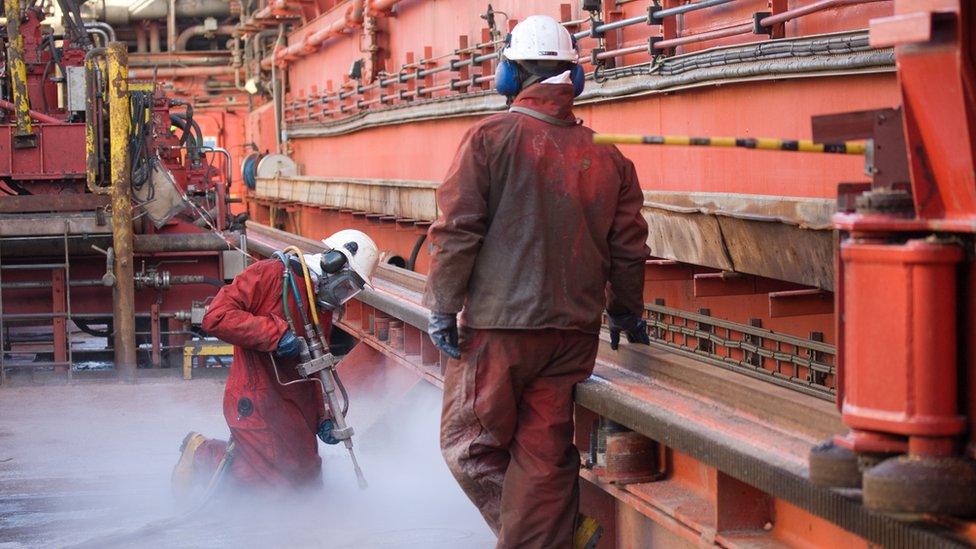Job cuts loom at Harbour Energy as windfall tax bites
- Published
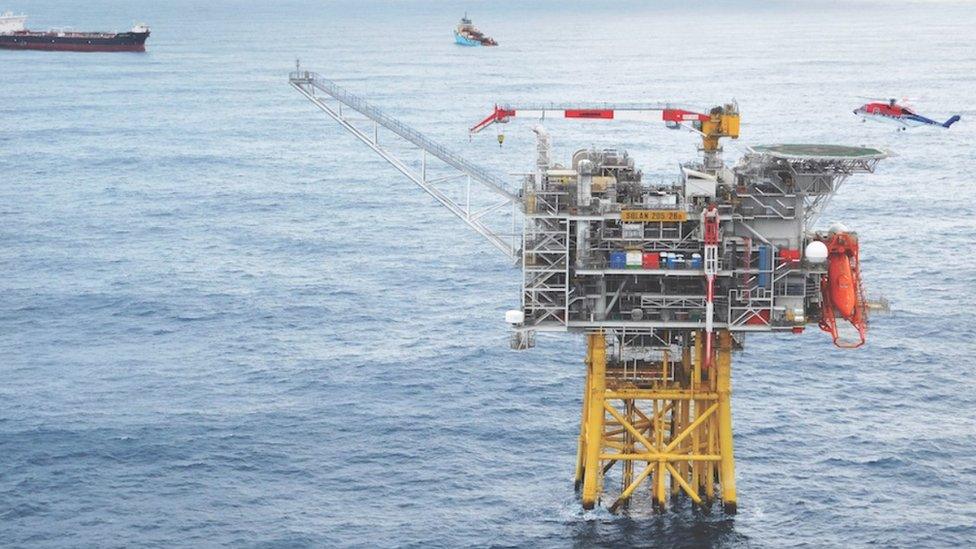
The UK's largest oil and gas producer has confirmed it is pressing ahead with plans to cut jobs and investment after reporting profits last year were "all but wiped out" by the windfall tax.
Harbour Energy posted pre-tax profits of $2.5bn (£2.1bn) for 2022.
But tax - including $1.5bn set aside for the Energy Profits Levy - contributed to the company posting just $8m in post-tax profit.
The company has not revealed how many jobs may go following a review.
However, it is understood that hundreds of posts are under threat.
Harbour is currently consulting with workers on the plans. The vast majority of its UK employees are based in Aberdeen.
On investment, a Harbour spokesman said the company had not gone ahead with planned drilling at two sites, and did not take part in the latest North Sea offshore licensing round.

How does the new windfall tax work?
A windfall tax is an extra levy imposed by a government on a company.
It targets firms which benefit from something they were not responsible for - in other words, a windfall.
Energy firm profits have soared recently, initially due to rising demand after Covid restrictions were lifted, and then because Russia's invasion of Ukraine raised energy prices.
Prime Minister Rishi Sunak introduced the 25% Energy Profits Levy, external when chancellor.
In the autumn, current Chancellor Jeremy Hunt announced it would increase to 35% from January 2023, and run until March 2028. It was previously due to finish at the end of 2025.
The levy applies to profits made from extracting UK oil and gas, but not from other activities - such as refining oil and selling petrol and diesel on forecourts.

In its annual results, Harbour said that it "delivered materially higher production" and improved margins in 2022.
But chief executive Linda Cook said the levy had "disproportionately impacted the UK-focused independent oil and gas companies".
She added: "For Harbour, the UK's largest oil and gas producer, it has all but wiped out our profit for the year. This has driven us to reduce our UK investment and staffing levels.
"Given the fiscal instability and outlook for investment in the country, it has also reinforced our strategic goal to grow and diversify internationally."
In 2022, the company reduced its net debt, excluding certain fees, from $2.3bn to $0.8bn.
Harbour distributed $553m to shareholders, while the company proposed a $100m final dividend.
A new share buyback plan worth $200m has also been revealed.
Related topics
- Published18 January 2023
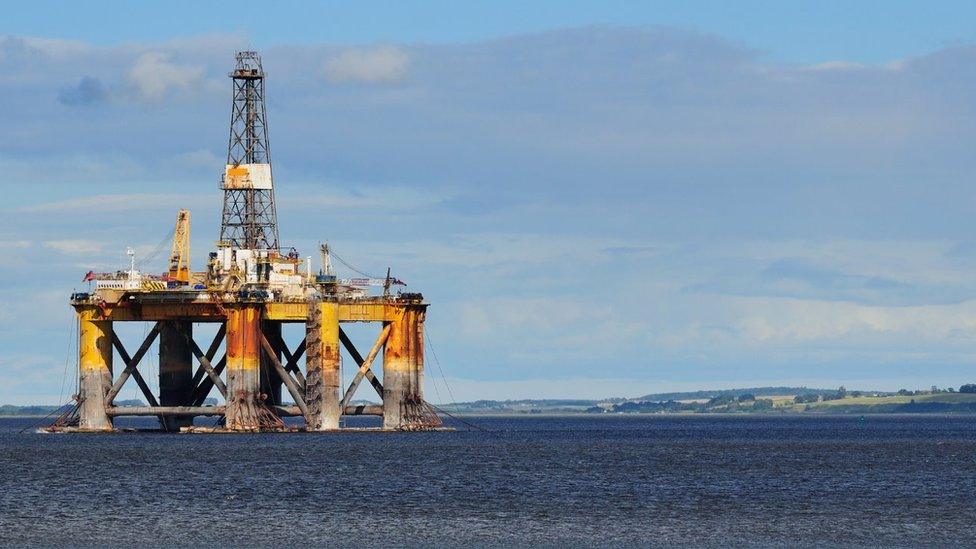
- Published9 March 2023
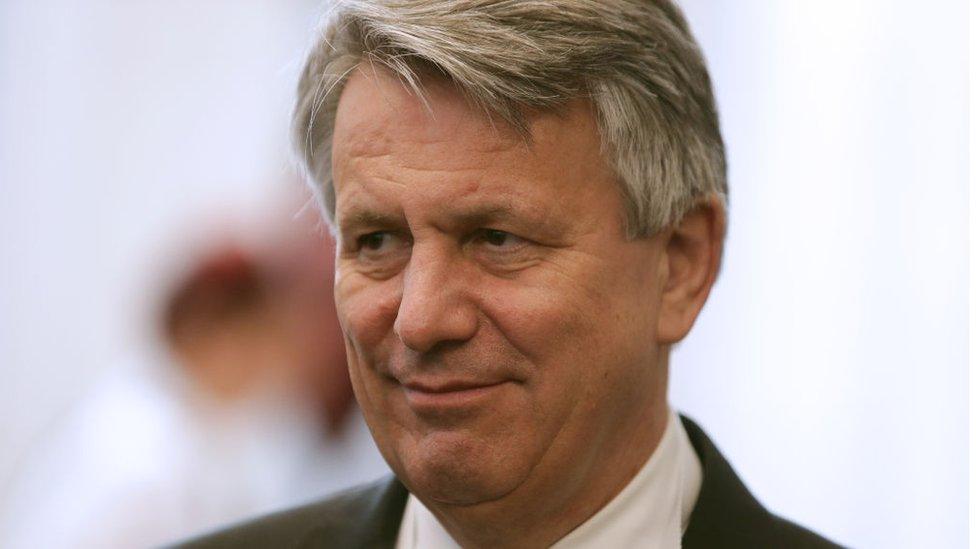
- Published22 October 2024
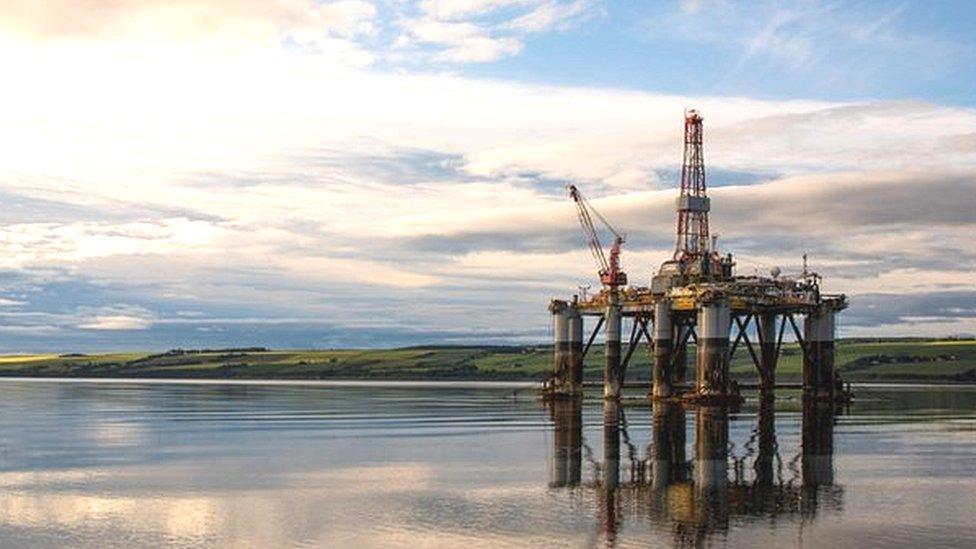
- Published2 December 2022
